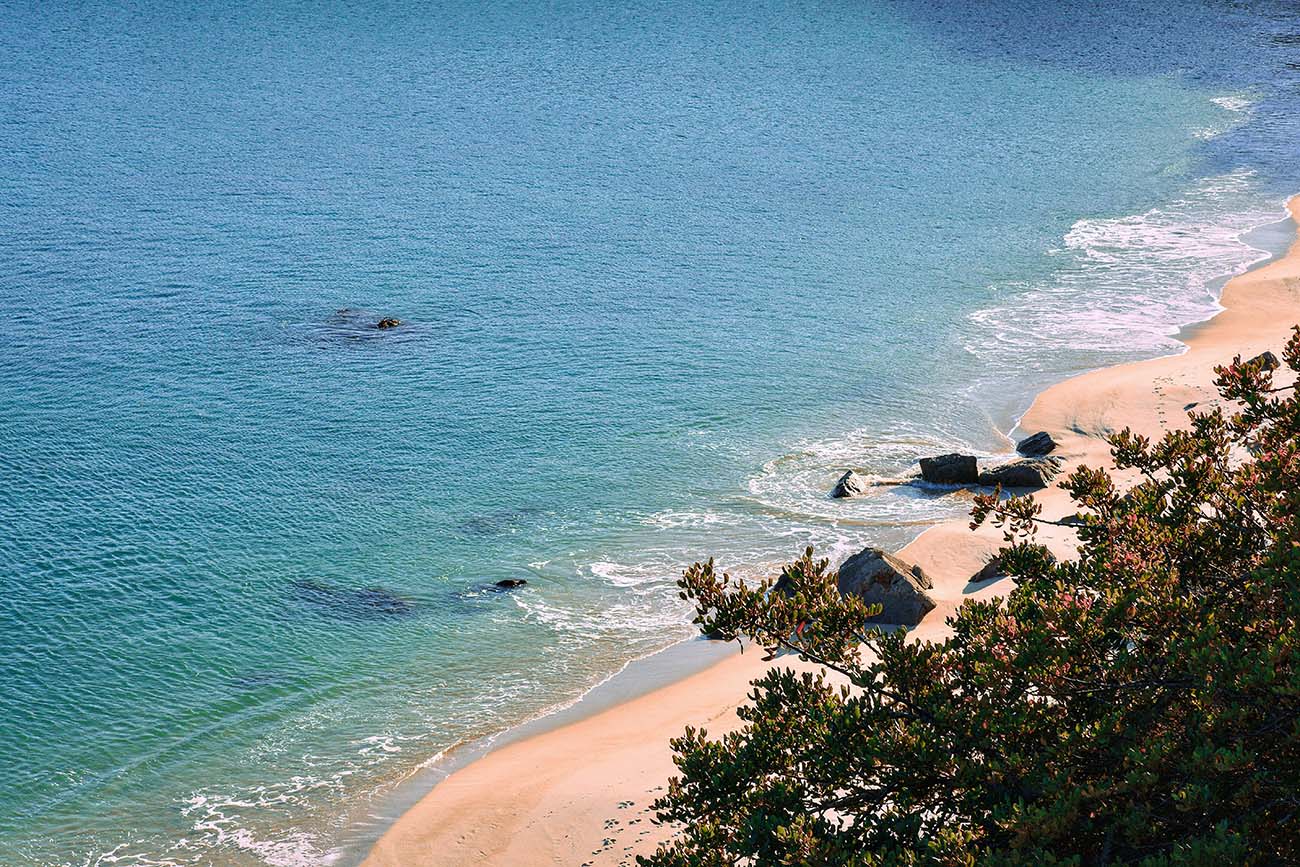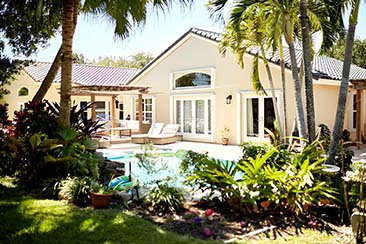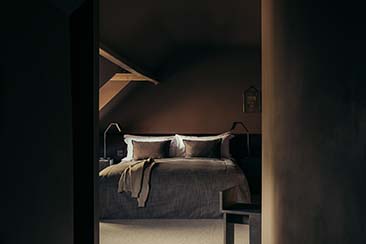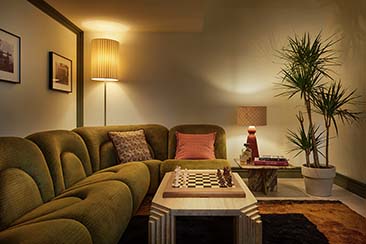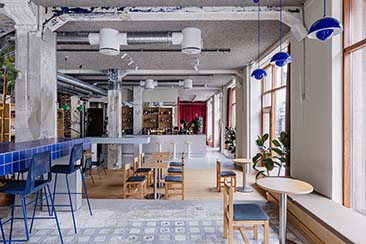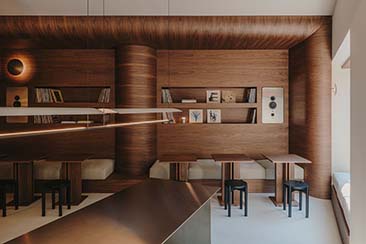Comporta isn’t your usual Mediterranean destination. No marina packed with yachts. No high-rise hotels blocking ocean views. Just rice paddies, pine forests, and miles of white sand beaches that somehow stayed off the mass tourism radar until recently.
What changed? Design hotels started showing up, and they got it right. Instead of fighting the landscape, they worked with it. Thatched roofs. Whitewashed walls. Interiors that feel more Copenhagen than Costa del Sol. Check the luxury hotel Comporta options and you’ll see what’s drawing the design crowd – places that understand restraint doesn’t mean boring.
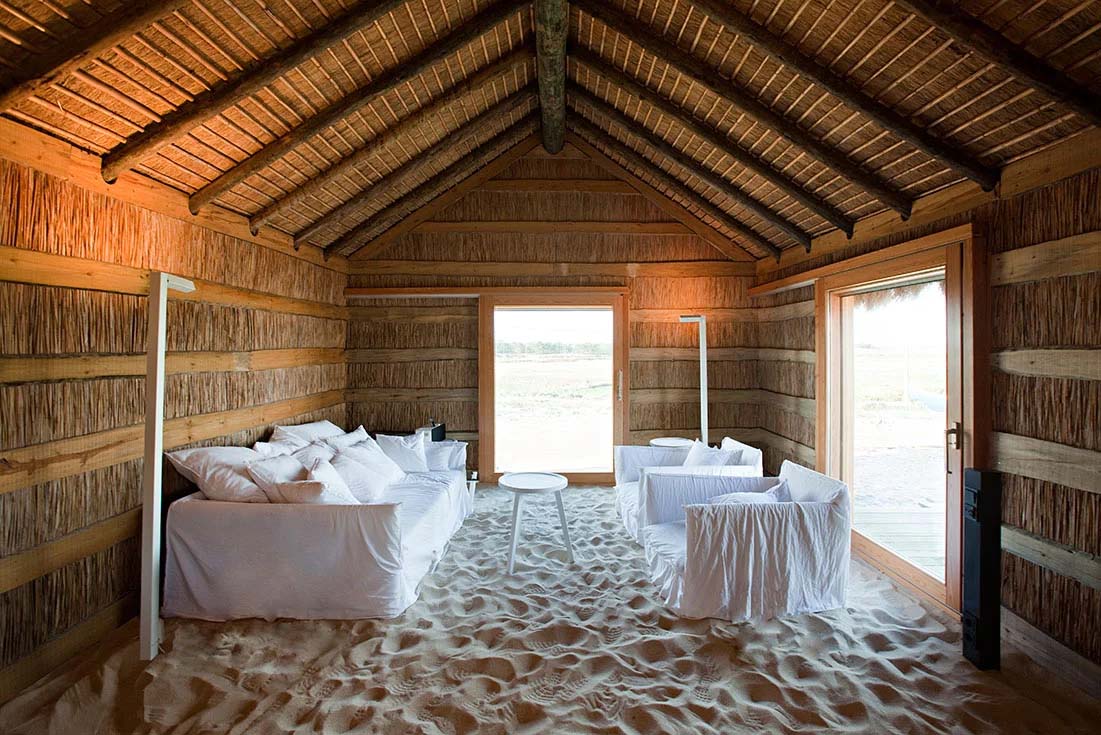
The Anti-Algarve Aesthetic
Comporta’s appeal is partly about what it isn’t. No beach clubs blasting EDM. No all-inclusive resorts with international buffets. The region has planning restrictions that prevented the kind of development that consumed other Portuguese coastal areas.
Those restrictions matter. Building heights are limited. New construction must follow traditional architectural styles. You can’t just drop a generic luxury resort here and call it done. The regulations force developers to actually think about design.
Comporta has become Europe’s answer to the Hamptons – but without the pretension or traffic. That comparison works. Both attract creative professionals looking for weekend escapes that feel genuinely restorative.
The architecture matters here. Traditional Portuguese fishing cabanas inspired most new construction. Think cork, pine, linen, and rattan. Somewhere that actually feels calm to be in.
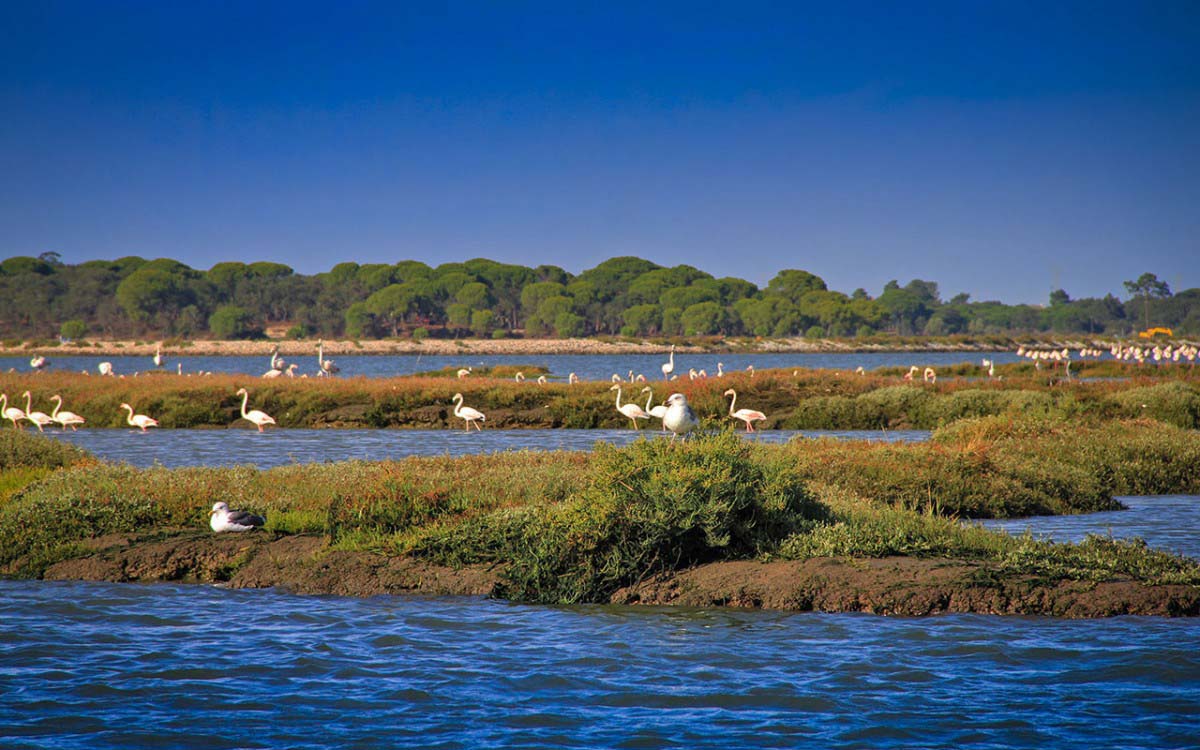
Beyond the Beach
The rice fields surprise people. Comporta has working agricultural land right next to pristine beaches. That’s not an accident – it’s the point. This isn’t a manufactured luxury destination. It’s a real place where people farm and fish that happens to also have exceptional beaches and increasingly sophisticated hospitality.
Birdwatching is legitimately good here. The Sado Estuary Nature Reserve hosts over 200 species. Not exactly typical luxury travel marketing, but it’s authentic to what makes Comporta distinct.
The design hotels and restaurants emerging here respect that balance. They’re upscale without being disconnected from the region’s actual identity. You can have natural wine and locally caught seafood in a beautifully designed space, then walk through rice paddies to reach an empty beach.
Why Now
Remote work accelerated everything. Lisbon professionals started spending longer periods in Comporta. That created demand for better infrastructure without destroying what made the place appealing in the first place.
Comporta offers what other spots can’t anymore – that increasingly rare feeling of discovering somewhere before everyone else does.
Except everyone else is discovering it now. The question is whether Comporta can maintain its character as popularity increases. So far, the planning restrictions and the design-first approach to development suggest it might actually pull this off.
The next few years will tell the story. Comporta could become another overcrowded European beach destination, or it will prove that through thoughtful development and strict planning you can preserve what makes a place special while accommodating growth.
Get there before the secret’s completely out.
